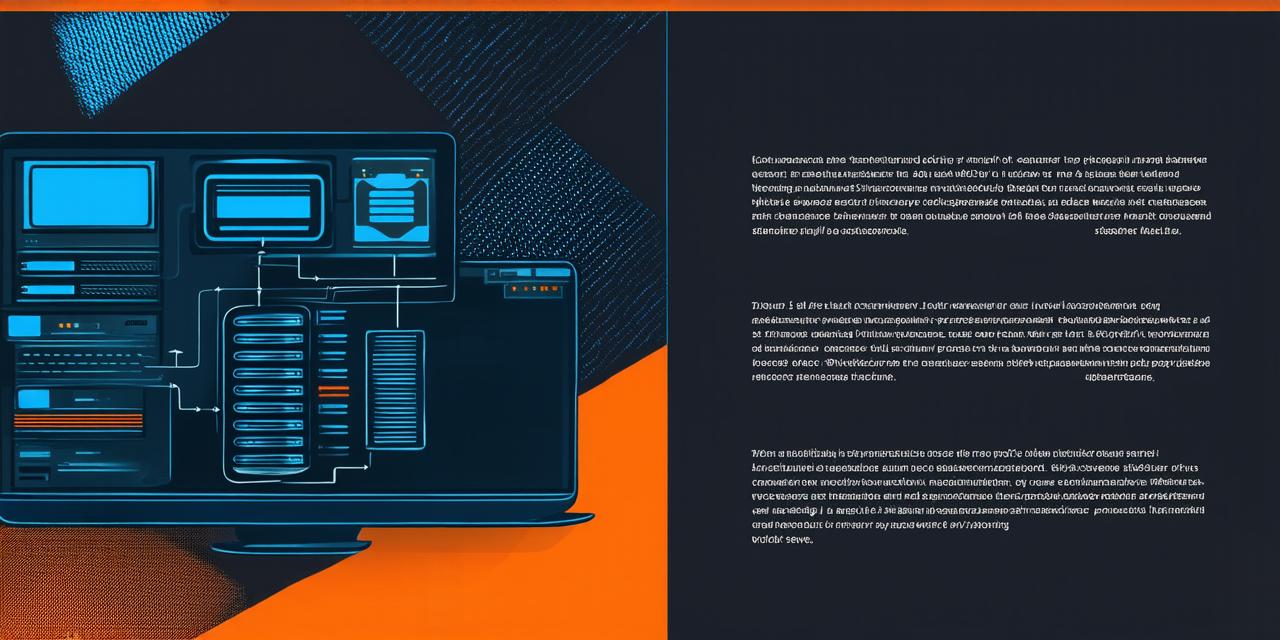What is a Physical Server?
A physical server is a piece of hardware that provides computing resources directly to end-users or other computers on a network. A physical server typically includes a CPU, memory, storage, and network interfaces. It can be used for a variety of purposes, including web hosting, email servers, file servers, and more.
Pros:
- High performance and reliability
- Complete control over hardware and software configuration
- Ability to customize the server to meet specific needs
- Can be cost-effective if the server is heavily utilized
Cons:
- Requires physical maintenance and upgrades
- Limited scalability compared to virtualization
- Single point of failure if other hardware components fail
What is a Dedicated Server?
A dedicated server, on the other hand, is a type of physical server that is exclusively used by one customer. This means that the server resources are not shared with other customers or businesses, providing a high level of performance and security. A dedicated server typically includes a CPU, memory, storage, and network interfaces, as well as additional features such as firewalls, intrusion detection systems, and antivirus software.
Pros:
- High performance and reliability
- Complete control over hardware and software configuration
- Ability to customize the server to meet specific needs
- Scalable resources that can be easily upgraded or downgraded as needed
Cons:
- Requires physical maintenance and upgrades
- Limited scalability compared to virtualization
- Single point of failure if other hardware components fail
What is Virtualization?
Virtualization, also known as virtual machine (VM) technology, allows multiple operating systems and applications to run on a single physical server. Each virtual machine runs its own isolated environment, with its own CPU, memory, storage, and network interfaces. This enables businesses to consolidate their IT infrastructure, reduce hardware costs, and improve resource utilization.
Pros:
- High scalability and flexibility
- Ability to run multiple operating systems and applications on a single server
- Improved resource utilization and cost savings
- Reduced hardware requirements and maintenance costs
Cons:
- May require specialized knowledge and expertise to set up and manage
- Can be less secure than physical servers due to the sharing of resources
- Performance may be impacted by virtualization overhead
Summary
In conclusion, when choosing between dedicated and physical servers, it is important to consider your specific needs and requirements. If you need high performance, reliability, and complete control over hardware and software configuration, then a dedicated server may be the best option for you. However, if you require scalability, flexibility, and cost savings, then virtualization may be worth considering. Ultimately, the decision will depend on factors such as your budget, the size of your business, and the specific applications and workloads that you need to support.
